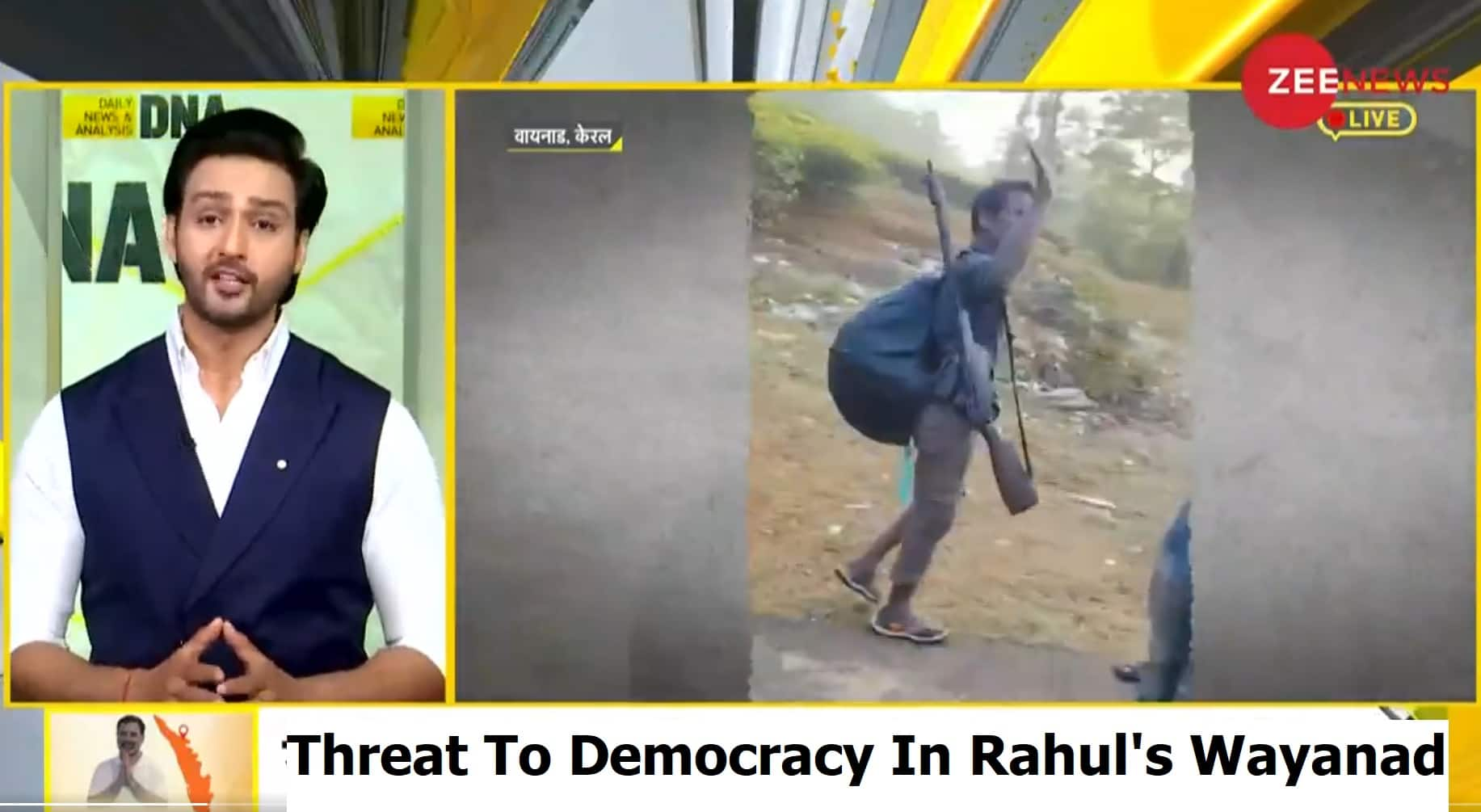Who all are banned from lending?
UMB Securities, which was using services of the digital platform provided by Fastapp Technologies, and Anashri Finvest, lending through multiple apps, are the two Bengaluru-based firms that cannot lend anymore. Anashri Finvest used apps/platforms provided by Datimes, Bullintech Finance, TGHY Trustrock Mrupee, Kush Cash, Karna Loan, Mr Cash, Fly Cash and others for lending.
Chadha Finance, which operated from New Delhi and lent through WifiCash, has also seen its certificate cancelled. The other two companies that have been barred from operating as NBFCs are Kolkata-based Alexcy Tracon, which lent through Badabro, and Guwahati-headquartered Jhuria Financial Services, which lent through multiple platforms. These platforms of Jhuria include Aeritech, Finclub Technologies, MoNeed, MoMo, CashFish, Kredipe, RupeeLand and Rupee Master.
Not the first time this year: In February, RBI had cancelled the registration of PC Financial Services Pvt Ltd which ran lending app Cashbean.
What did RBI say?
“The CoR of the abovementioned NBFCs have been cancelled on account of violation of RBI guidelines on outsourcing and Fair Practices Code in their digital lending operations undertaken through third party apps which was considered detrimental to public interest. These companies were also not complying with the extant regulations pertaining to charging of excessive interest and had resorted to undue harassment of customers for loan recovery purposes,” it said in a statement.
Why now?
The central bank’s action comes at a time when multiple cases of harassment, with one victim being driven to suicide, brought to light the illegal practices adopted by digital lenders. Some of the illegal recovery tactics included obtaining access to the borrower’s device and blackmailing them using morphed, inappropriate photographs. An investigation revealed that many lenders providing advances using digital apps were not registered with the RBI.
After a furore over the excesses committed by digital lending apps in 2020, the RBI had set up a working group to present a report on the regulation of such apps. The group’s recommendations, released in November 2021, range from subjecting digital lending apps (DLAs) to a verification process by a nodal agency to dedicated legislation to prevent illegal digital lending activities. But RBI is yet to finalise these guidelines.
“Lending is a highly regulated industry. Lenders must play by the rules of the game. The RBI is quite clear on means of recovery and what lenders can or cannot do to recover their dues. Non-compliance will attract regulatory action. This is ultimately a corporate governance issue,” said Adhil Shetty, CEO, Bankbazaar.
“The Digital lending fueled NBFC iindustry is characterized by significant non compliance. The RBIs actions are laudable – although I suspect that this is just the tip of the iceberg as the regulator tries to protect the integrity of the financial system and consumer interest. NBFCs would be well advised to make sure that they comply with the law – or face the wrath of a vigilant regulator,” said Mathew Chacko, Partner, Spice Route Legal.
What do these lending apps do?
Lending apps, which lend small sums between Rs 2,000 and Rs 10,000, target low-income and financial unsavvy Indians and exploit the unmet need for credit by offering supposedly no-strings-attached credit. However, they come with huge interest rates and extortionate terms and conditions, to which borrowers have no recourse. And with just one tap, you basically allow them access to everything on your phone- be it your entire contacts list, photos and videos. And the moment you fill in the details such as your Aadhaar, PAN, address, the amount you need and click apply, you will see your account credited with cash. The apps, on the pretext of advancing a loan, accesses all information from the customers’ phones which could later be used by the company to perpetrate some other financial crime.
What are the suicide cases all about?
According to the latest report by the National Crime Records Bureau, suicide by bankruptcy or indebtedness constitutes 3.4 percent of the total reported cases in India in 2020.
In 2021, at least six people committed suicide in Hyderabad alone due to harassment by agents. As many as 50 cases of harassment were reported from Hyderabad, Cyberabad, and Rachakonda police commissionerates. Earlier this month, a man in Mumbai ended his life after his morphed images were circulated on Whatsapp by alleged recovery agents of a loan app. In another such incident, 24 year old Anurag Singh fell prey to one such loan app, which accessed his contact list after he installed it on May 1 to enquire about what loan he was eligible for. Without his consent, the app transferred Rs 3,805 to his bank account the same day. On May 6, Singh began receiving SMSes and threat calls demanding he repay the loan along with “interest” of Rs 7,000 for just six days.
Modus operandi
According to bank officials, fintechs lend to persons who do not have sufficient funds. By using software to analyse bank statements, they can get an idea of the person’s repayment capacity. Loan app companies are also violating RBI rules on maximum interest rates. There are app companies that charge 0.1% per day which works out to 36% per annum while there are others whose effective charge works out to 10% a month. RBI has capped the interest on microloans using a formula based on the average lending rate of banks. At no time has the maximum permissible interest rate crossed 26%.
Many a times lending apps tie up with several non-banking financial companies (NBFCs) and use it as a legal cover for their operations. As part of the tie-up, the NBFCs give money to these lending apps and they, in turn, would find people in dire need and lend money to them.
At least 600 illegal lending apps operating in India
A report of the Reserve Bank of India’s (RBI) Working Group on digital lending, released in November, identified 600 illegal lending apps operating in India last year. There were approximately 1,100 lending apps available for Indian Android users across more than 80 application stores from January 01, 2021 to February 28, 2021. Sachet, a portal established by the RBI against unregistered entities, has received 2,562 complaints against digital lending apps between the start of January 2020 and the end of March 2021.
How can one avoid such scams?
The only recourse is to borrow from legitimate and approved lenders, platforms, and intermediaries. A borrower should check the lender’s credentials and ensure that it is a RBI-registered entity. Customers can also refer to ratings and reviews while choosing a lender.
“Either approach the bank or NBFC directly or use reputed, genuine, and secure platforms to apply for credit. Make sure of the credentials of the business the site or app you are using represents. Check if they have physical offices and if their website is secure. Do not borrow if any app or service does not ask you for your credit history and pressurises you to close the deal immediately. You do not need to pay any money for loan approval to any entity. The processing fee is usually billed to you as part of your loan or to be paid directly to the bank on NBFC offering you the loan. If you are being asked to pay a part of the loan upfront for processing or required to pay cash or transfer money to any personal account, it is a red flag,” said Adhil Shetty, CEO, Bankbazaar.
Google has recently decided that it will allow only RBI-registered lenders to provide loan apps on its app stores. As per the Google guidelines, the listing on the app store should mention the names of all the registered lenders that are lending on the respective platform. Non-adherence to the same could be a potential red flag, and borrowers should be wary of such platforms. Moreover, Google Play Store doesn’t allow apps that offer loans with tenures below 60 days. Lending apps are required to fill out a “Personal Loan App Declaration” form and provide supporting documentation such as a license from the Reserve Bank of India (RBI) or proof that the app is only a platform serving as a middle-man for registered non-banking financial companies (NBFCs) or banks.
On the borrowers’ side, they must clearly understand what they are signing up for and exercise caution. “What has been borrowed needs to be repaid. The consequence of non-repayment is credit history damage which makes future borrowings difficult. Even then, they are owed due process. Lenders are prohibited from using unfair means and coercion for recovery. Borrowers can highlight such instances to the regulator,” added Adhil Shetty, CEO, Bankbazaar.
!(function(f, b, e, v, n, t, s) {
window.TimesApps = window.TimesApps || {};
const { TimesApps } = window;
TimesApps.loadFBEvents = function() {
(function(f, b, e, v, n, t, s) {
if (f.fbq) return;
n = f.fbq = function() {
n.callMethod ? n.callMethod(…arguments) : n.queue.push(arguments);
};
if (!f._fbq) f._fbq = n;
n.push = n;
n.loaded = !0;
n.version = ‘2.0’;
n.queue = [];
t = b.createElement(e);
t.async = !0;
t.src = v;
s = b.getElementsByTagName(e)[0];
s.parentNode.insertBefore(t, s);
})(f, b, e, v, n, t, s);
fbq(‘init’, ‘593671331875494’);
fbq(‘track’, ‘PageView’);
};
})(
window,
document,
‘script’,
‘https://connect.facebook.net/en_US/fbevents.js’,
);if(typeof window !== ‘undefined’) {
window.TimesApps = window.TimesApps || {};
const { TimesApps } = window;
TimesApps.loadScriptsOnceAdsReady = () => {
var scripts = [‘https://static.clmbtech.com/ad/commons/js/2658/toi/colombia_v2.js’,
‘https://www.googletagmanager.com/gtag/js?id=AW-877820074’,
‘https://imasdk.googleapis.com/js/sdkloader/ima3.js’,
‘https://tvid.in/sdk/loader.js’,
‘https://timesofindia.indiatimes.com/video_comscore_api/version-3.cms’,
‘https://timesofindia.indiatimes.com/grxpushnotification_js/minify-1,version-1.cms’,
‘https://connect.facebook.net/en_US/sdk.js#version=v10.0&xfbml=true’,
‘https://timesofindia.indiatimes.com/locateservice_js/minify-1,version-12.cms’
];
scripts.forEach(function(url) {
let script = document.createElement(‘script’);
script.type=”text/javascript”;
if(!false && !false && url.indexOf(‘colombia_v2’)!== -1){
script.src = url;
} else if (!false && !false && url.indexOf(‘sdkloader’)!== -1) {
script.src = url;
} else if (url.indexOf(‘colombia_v2’)== -1 && url.indexOf(‘sdkloader’)== -1){
script.src = url;
}
script.async = true;
document.body.appendChild(script);
});
}
}







More News
Elon Musk-led Tesla not coming to India anytime soon? Shift to low-cost cars puts India plant plans into limbo: Report – Times of India
Mukesh Ambani’s Reliance looks to disrupt dominance of MNCs in consumer electronics, home appliances; wants to replicate JioPhone success – Times of India
Stock market today: BSE Sensex surges 200 points; Nifty50 above 22,400 as bulls charge – Times of India